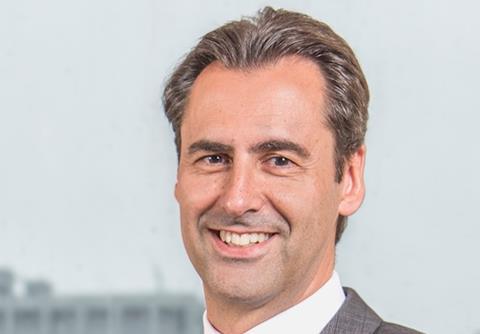
Half (50%) of global employer respondents provide benefits that support lesbian, gay, bisexual and transgender (LGBT) employees with family care and planning, such as fertility treatment, surrogacy, adoption, or parental leave, according to research by Mercer.
Its LGBT benefits around the world survey, which surveyed 680 organisations across 50 countries, also found that 81% of global respondents offer the same life, medical and retirement benefits to LGBT couples as they do for opposite-sex couples.
The research also found:
- 78% of UK respondents and 67% of US respondents provide benefits that assist LGBT employees with family planning and care.
- 27% of global respondents offer benefits that account for gender affirmation treatments.
- 24% of UK respondents provide treatment coverage for individuals diagnosed with gender identity dysphoria.
- 33% of global respondents do not offer equal benefits to LGBT employees because of cultural or societal preconceptions, and 29% cite the organisation’s inability to implement such a benefits plan as the reason why they do not offer equal benefits for LGBT staff.
- 50% of global respondents cite the constraints of national laws as the reason why they do not offer equal benefits to LGBT staff.
- 83% of UK respondents that do not offer equal benefits to LGBT employees claim this is due to legal restrictions, 50% claim it is because there is a lack of capable benefit providers, and 33% say they do not know how to implement such a benefit.
- 33% of global respondents have not adopted a diversity and inclusion policy with specific reference to LGBT employees, 20% rely on other corporate policies to cover LGBT employees, and 11% plan to implement one over the next 12 months.
- 28% of global respondents have a standalone global diversity and inclusion policy that references LGBT employees.
- 28% of global respondents allow employees to self-identify as LGBT for the purpose of workforce analytics.
Ilya Bonic (pictured), president of the career business at Mercer, said: “With all the uncertainty of the past year and the spotlight on human rights issues, it is more important than ever for organisations to reassess their position on LGBT-rights issues. In the global war for top talent, [organisations] perceived as non-discriminatory and progressive enhance their attractiveness as a workplace by creating a welcoming, supportive, and productive environment.”
Tony Wood, UK leader at Mercer Marsh Benefits, added: “To attract and retain the best talent in the market, [organisations] increasingly need to demonstrate that they are an inclusive employer with a diverse workforce. To achieve this, businesses need to focus on expanding LGBT benefits policies beyond anti-discrimination policies, including improving family planning and care offerings, HIV prevention initiatives and LGBT healthcare provisions.”











